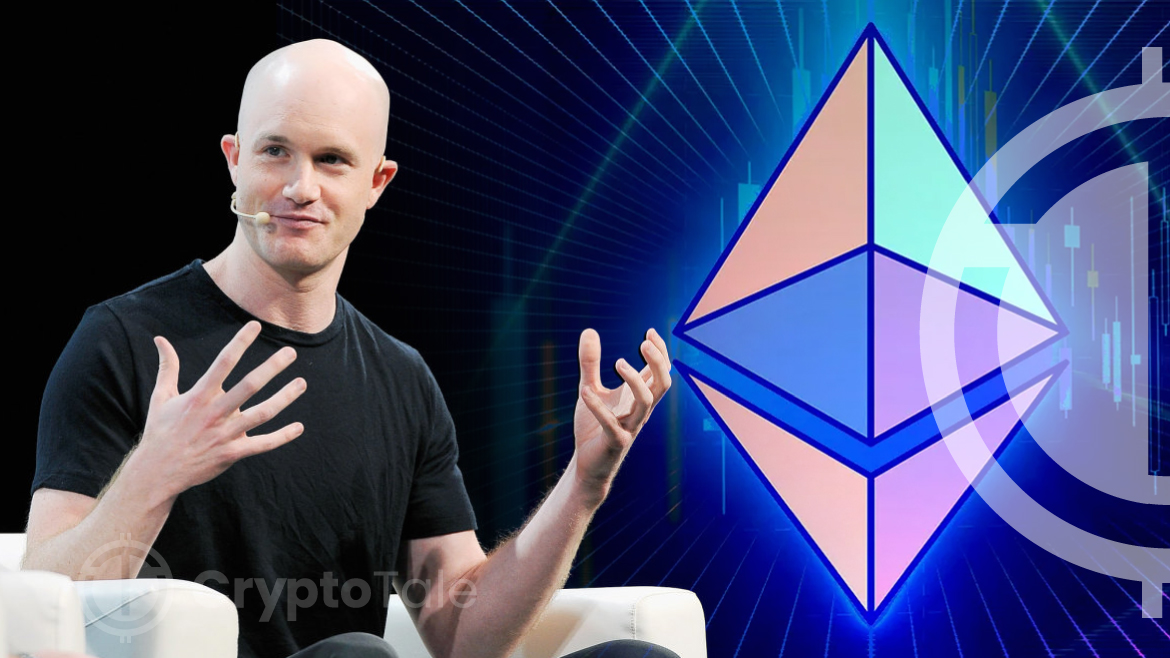- Ethereum’s web3 vision reshapes digital privacy with Zupass, allowing anonymous but secure participation in polls.
- Decentralized stack innovation offers a competitive alternative to traditional protocols, enhancing user autonomy.
- The Ethereum community’s unique blend of incentives and social values fosters a pluralistic ethos, driving sustained success.
In a recent tweet, Brian Armstrong, CEO of Coinbase, expressed excitement about the “freedom stack” and highlighted the need to make it accessible to one billion people. This comes from a rapidly evolving vision for Ethereum’s “web3,” originally coined by co-founder Gavin Wood.
Initially, Ethereum was perceived merely as Bitcoin with smart contracts. However, cofounder Gavin Wood envisioned it as part of a broader tech suite. This included decentralized messaging with Whisper (now Waku) and storage with Swarm, alongside IPFS for hosting.
The recent surge in decentralized social media platforms, such as Lens and Farcaster, has rekindled interest in these early tools. Additionally, the integration of zero-knowledge proofs has revolutionized privacy and authentication methods. Initially used for Ethereum’s scalability, this technology now enhances privacy without compromising safety.
A notable application in 2023 was Zupass, which Zuzalu developed. It facilitated in-person and online authentication while preserving anonymity. Zupass’s success in applications like Zupoll and Zucast demonstrates the potential of zero-knowledge-proof-based systems.
Moreover, Zupass’s role in anonymous voting is particularly noteworthy. It addresses sensitive topics, ensuring privacy and security. This aligns with Ethereum’s vision of an encrypted, cypherpunk world, as highlighted in a blog post. Assets are held in ETH, ERC20 tokens, and NFTs, ensuring privacy through stealth addresses and Privacy Pools technology.
Besides financial transactions, Ethereum’s advancements extend to online interactions. Decentralized social media, payments, and user authentication now operate on this platform. Integrating Ethereum Name Service (ENS) and zero-knowledge proofs further simplifies online identity and security.
Ethereum’s decentralized stack contrasts sharply with traditional tech stacks. It offers alternatives at every level, from banking to social media. ETH, stablecoins, and Layer 2 solutions offer financial solutions. In contrast, DAOs, ENS, and decentralized messaging present new paradigms in corporate governance, online identity, and communication.
Hence, Ethereum’s approach is not just technical but also social. It recognizes the importance of incentives while fostering a cooperative, open-source community. This balance between incentives and communal values is crucial for its sustainable growth.
Ethereum’s journey towards a decentralized future is not just a technical pursuit. It embodies a balance of incentives and social responsibility. As the community grows and integrates, Ethereum stands as a beacon for a more open, decentralized internet era.












